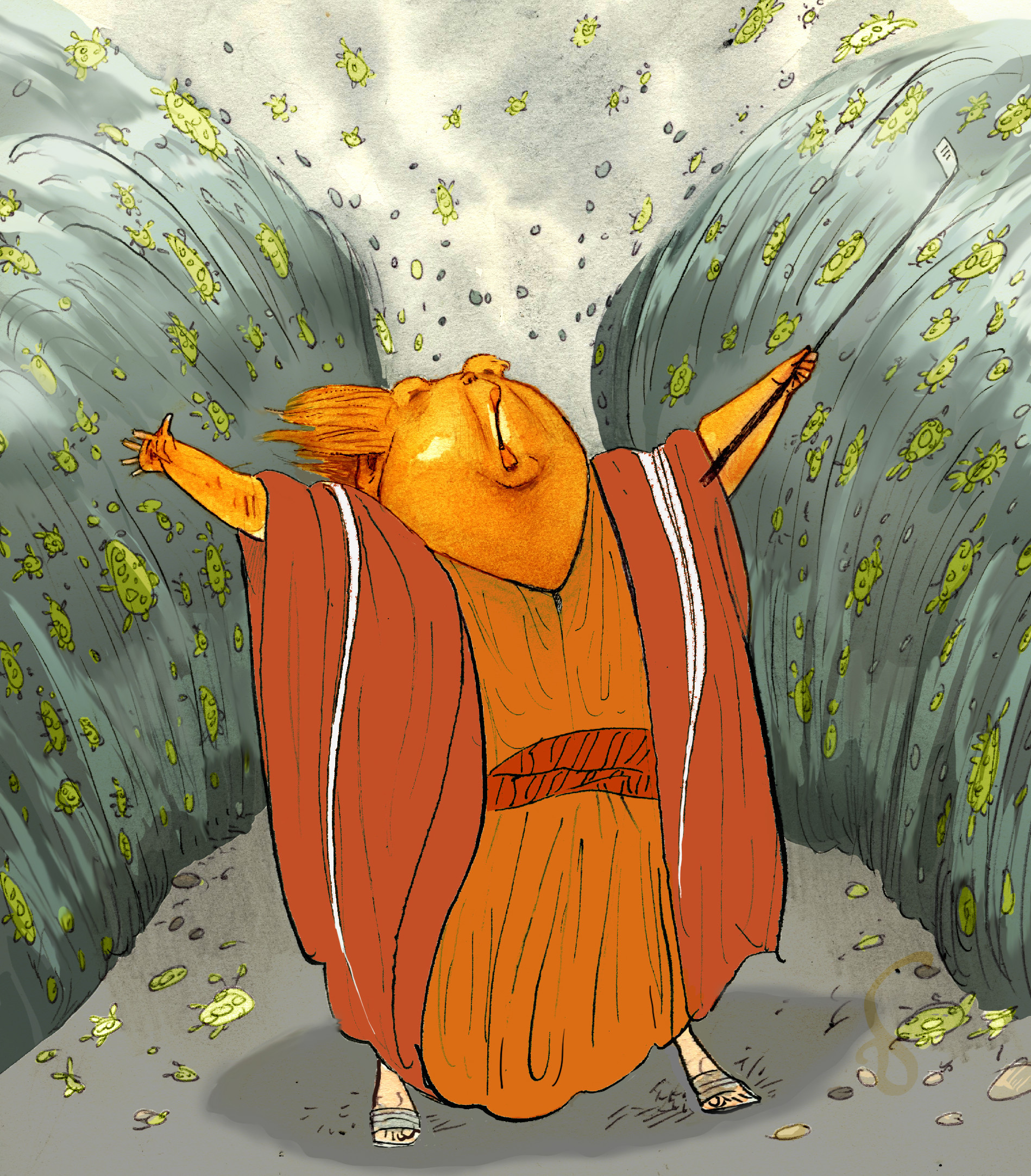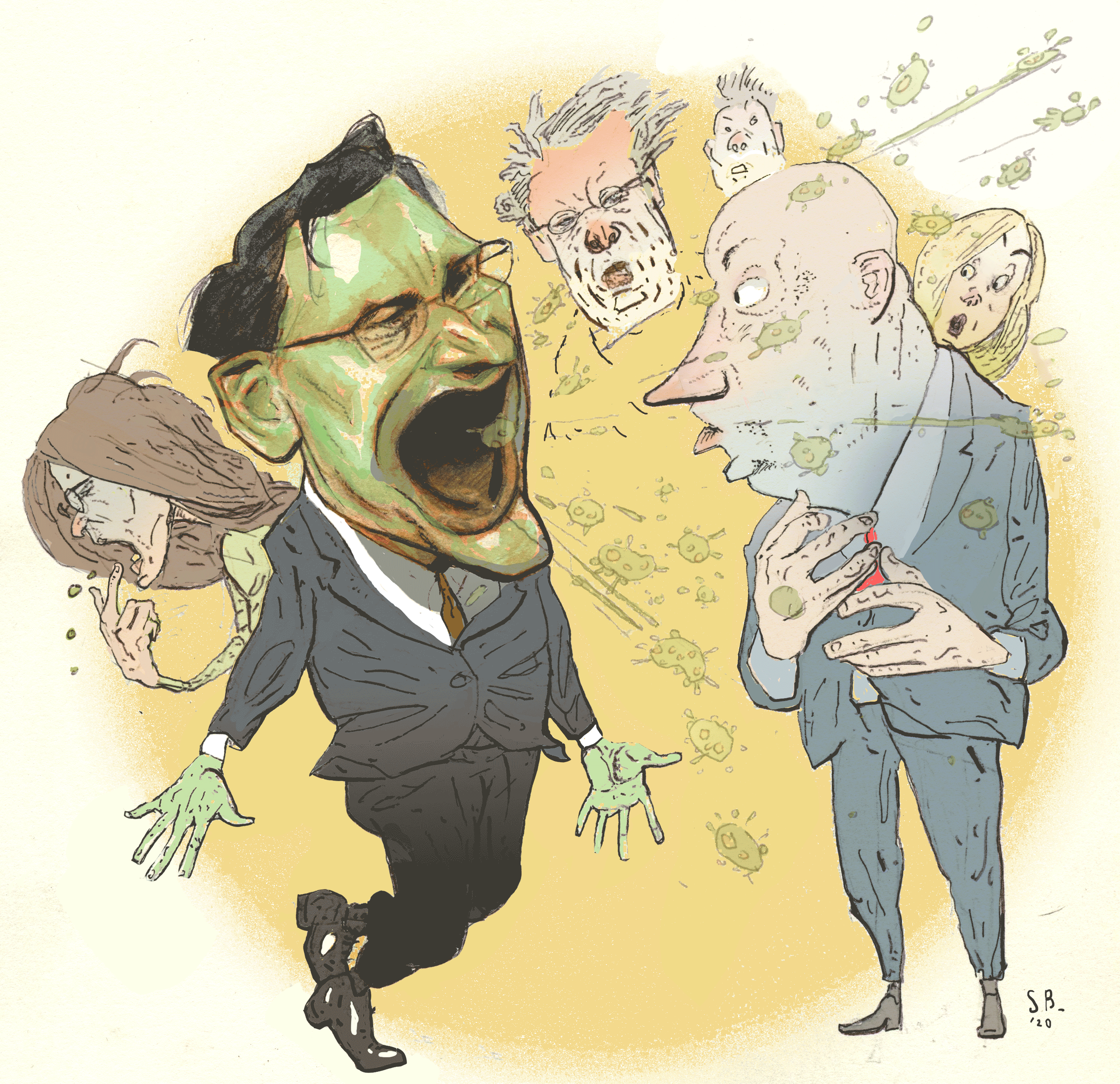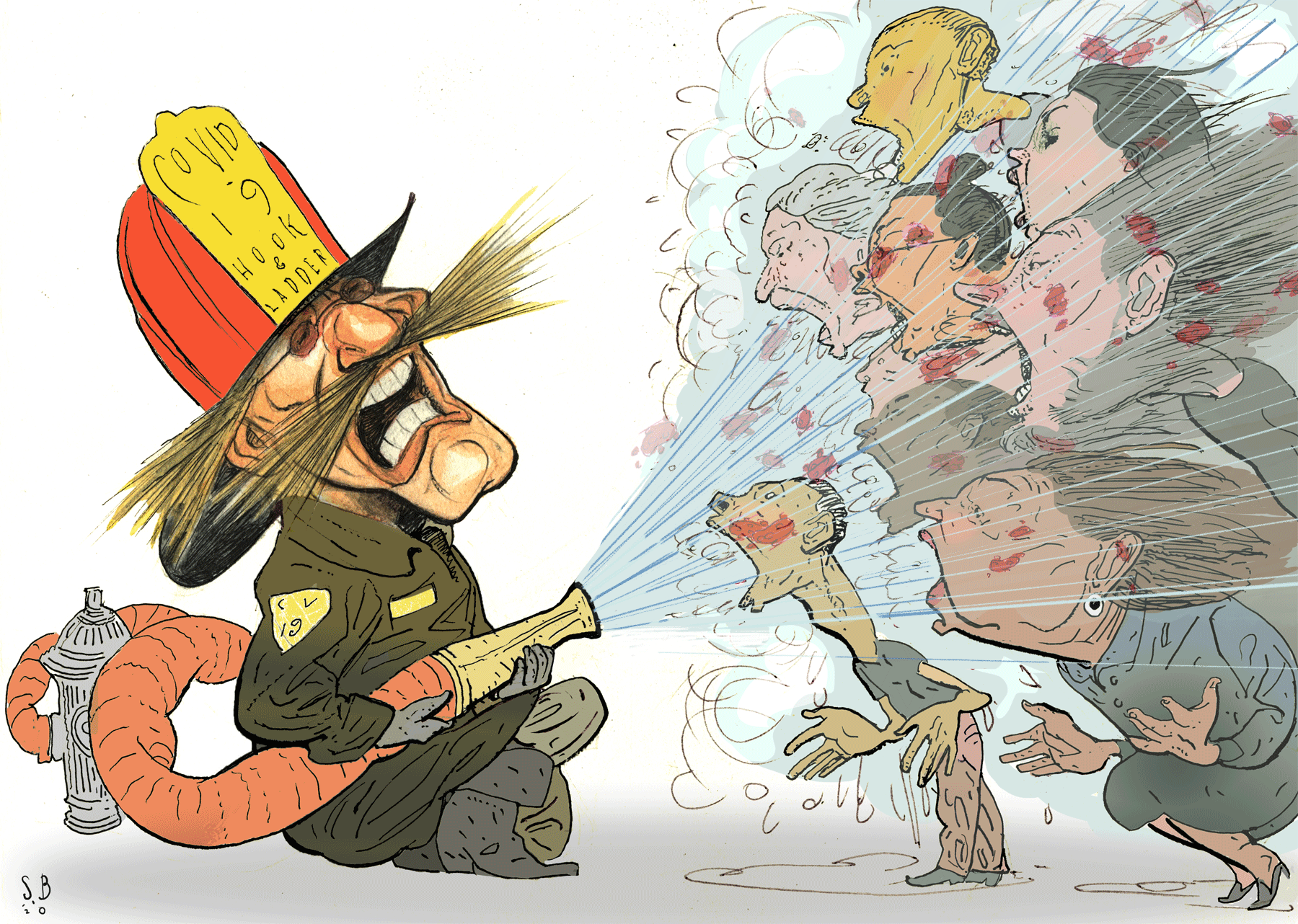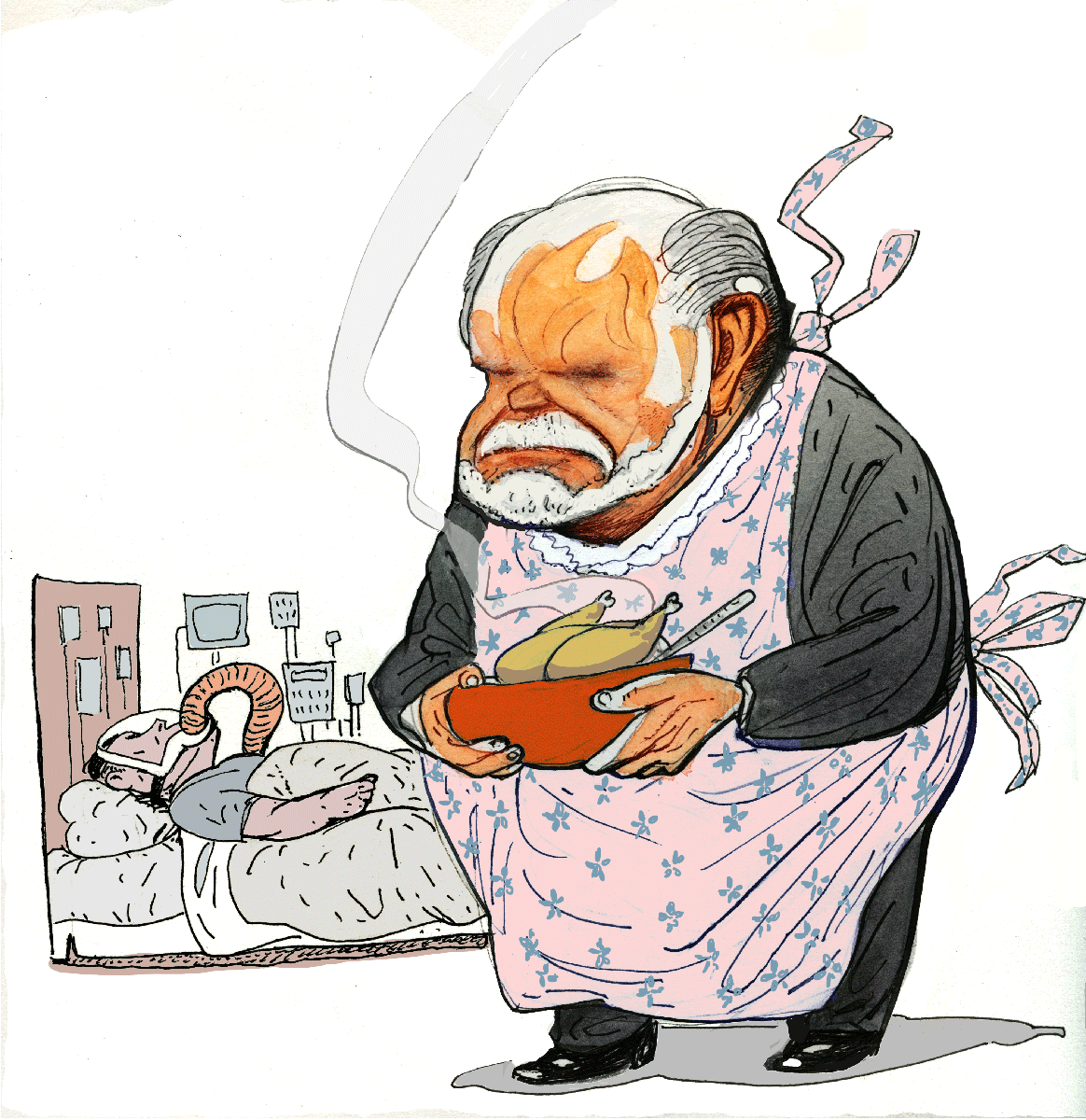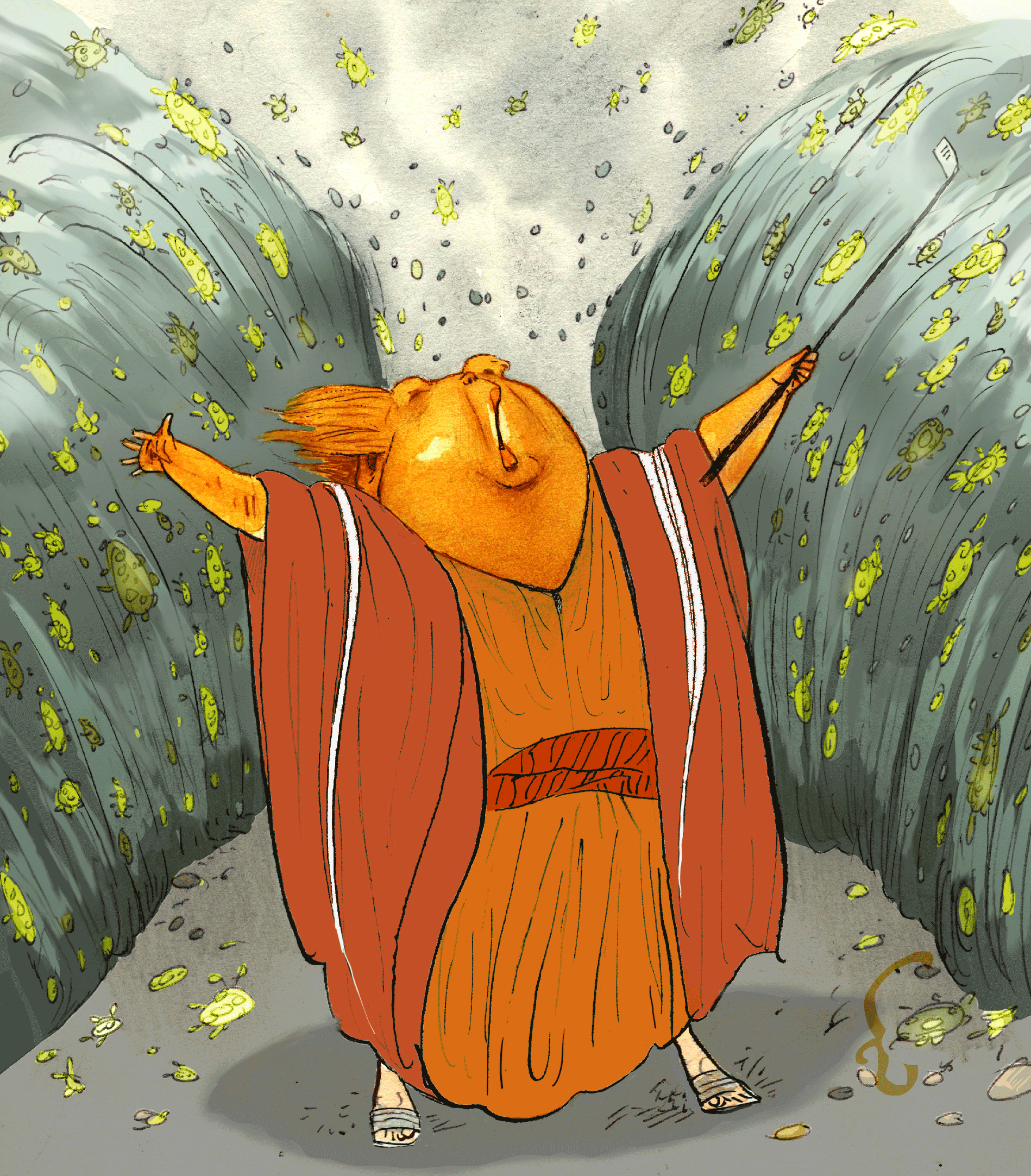Sign up for the daily CJR newsletter.
The coronavirus pandemic has already inspired nuanced, insightful observations from veteran journalists. These are not those observations.
Maybe we’d be just better off if we gave it to everybody.”
—Rick Santelli, CNBC
“I’m not a doctor,” warned Santelli, a former commodities trader who now works for CNBC. “All I know is, think about how the world would be if you tried to quarantine everybody because of the generic-type flu. Now I’m not saying this is the generic-type flu. But maybe we’d be just better off if we gave it to everybody, and then in a month it would be over because the mortality rate of this probably isn’t going to be any different if we did it that way than the long-term picture, but the difference is we’re wreaking havoc on global and domestic economies.” Santelli apologized the next day.
Even if virus gets into your mouth, drinking water or other liquids will wash them down through your throat & into stomach where acid will kill virus.”
—Geraldo Rivera, Fox News
“#CoronaVirusAdvice: Also everyone should insure [sic] mouth & throat are moist, never dry. Take a few sips of water every 15 minutes,” tweeted Fox News’s Geraldo Rivera on March 13. “Even if virus gets into your mouth, drinking water or other liquids will wash them down through your throat & into stomach where acid will kill virus.” Rivera deleted the tweet.
This is impeachment all over again.”
—Trish Regan, Fox Business
“The chorus of hate being leveled at the president is nearing a crescendo as Democrats blame him and only him for a virus that originated halfway around the world,” said Fox Business host Trish Regan as soon as her show, Trish Regan Primetime, began on March 9. “Don’t kid yourself. They told us how much they crave a recession as a way to get rid of Donald Trump.” Four days later Regan was taken off the air and then fired.
This virus is the common cold.”
—Rush Limbaugh, Premiere Networks
“All of this panic is just not warranted,” proclaimed Rush Limbaugh on his show on March 11. “I’ve told you that this virus is the common cold. When I said that, it was based on the number of cases. It’s also based on the kind of virus this is. Why do you think this is ‘COVID-19’? This is the 19th coronavirus. They’re not uncommon.” COVID-19, or coronavirus disease 2019, gets its name from the year it was discovered—2019—not from the number of coronaviruses. In February, President Trump awarded Limbaugh the presidential medal of freedom.
“The conventional, and most likely, view of the COVID-19 outbreak is that it originated in Wuhan, China, near the most sophisticated Chinese bioweapons lab and then proceeded into the world from there, leaving people to guess whether it originated in the lab and leaked.”
—Grady Means, The Hill
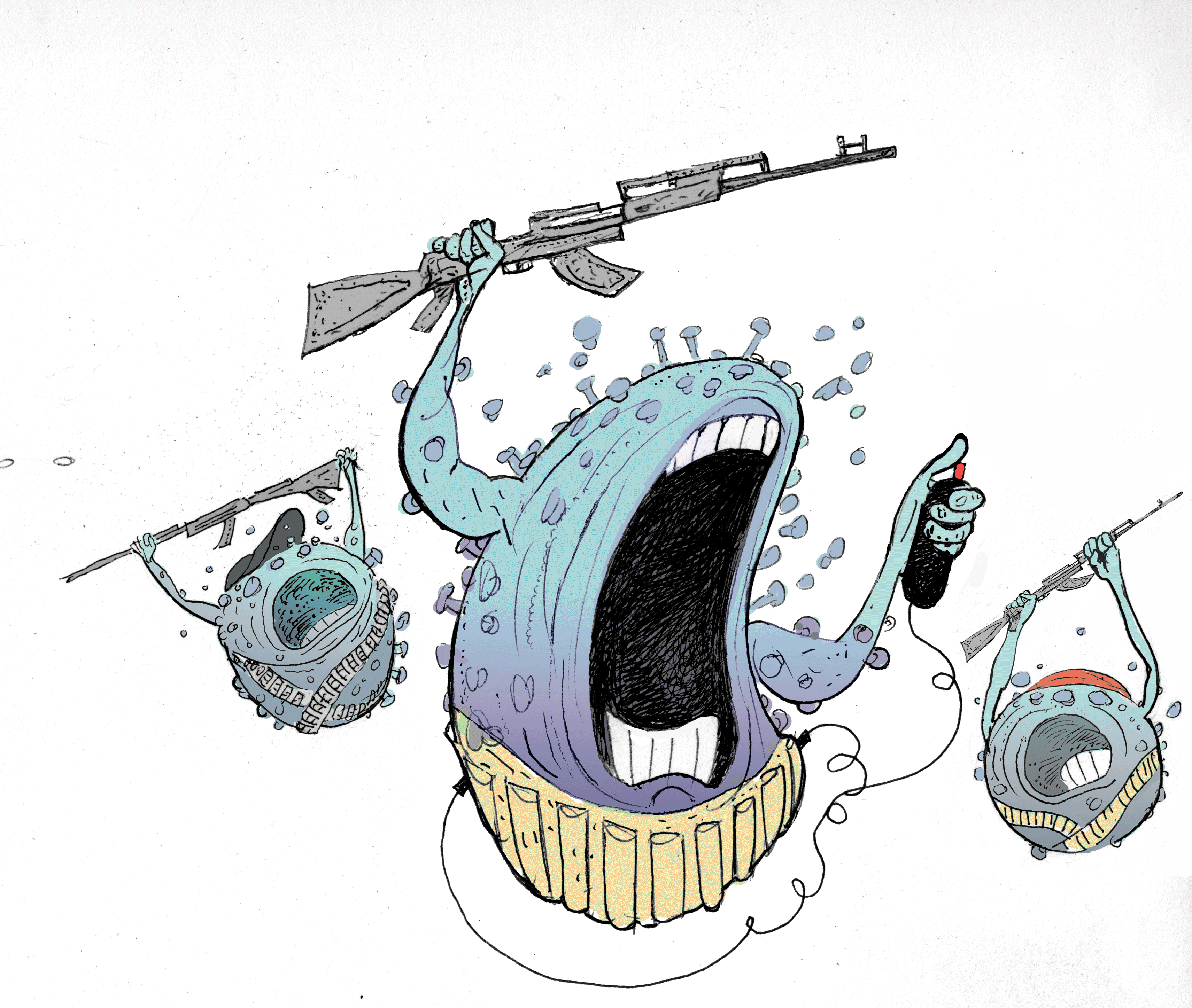
“[COVID-19] represents the perfect asymmetric warfare strategy, and there should be little doubt these lessons are being studied carefully by military planners in North Korea, Tehran, Moscow, Beijing and desert caves throughout the Middle East,” wrote Means, an economist and Beltway consultant, in the opinion section of The Hill. The falsehood that COVID-19 is a bioengineered weapon is routinely disseminated on social media by state-sponsored disinformation operations blaming the United States. The disease probably did migrate to humans from bats at a “wet market” in Wuhan, but cannot be transmitted through food, as Means also suggested.
One day—it’s like a miracle—it will disappear.”
—President Donald Trump
“If we were doing a bad job, we should also be criticized,” Trump warned in a Feb. 28 address commemorating Black History Month. “But we have done an incredible job. We’re going to continue. It’s going to disappear. One day—it’s like a miracle—it will disappear. And from our shores, we—you know, it could get worse before it gets better. It could maybe go away. We’ll see what happens. Nobody really knows.”
Animated gifs by Kayleigh Waters, text by Sam Thielman
Has America ever needed a media defender more than now? Help us by joining CJR today.



